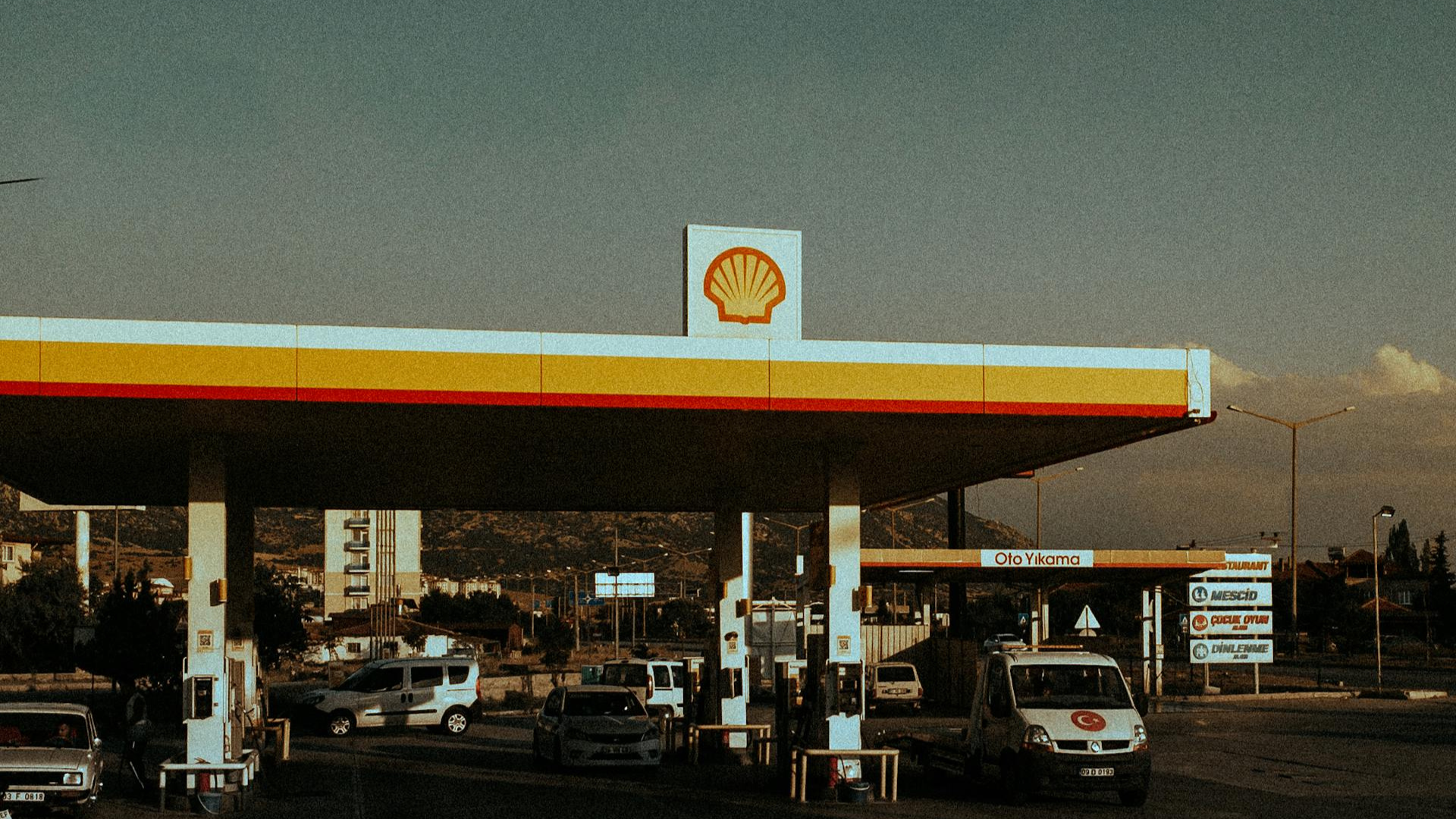Why RON95 subsidy removal should be gradual: insights from analysts
In recent discussions surrounding Malaysia's fuel subsidy policy, experts have proposed a phased approach to the removal of the RON95 subsidy. Instead of an abrupt increase to RM3.30 per liter, analysts suggest initiating the adjustment at RM2.45 per liter this year. This gradual transition aims to mitigate immediate price shocks and allow for smoother economic adjustments across various sectors.
Understanding the Proposal
The proposal to begin the subsidy removal at RM2.45 per liter reflects a balanced approach to managing economic impacts while ensuring fiscal sustainability. Analysts argue that a sudden removal of subsidies to reach RM3.30 per liter could potentially disrupt consumer spending patterns, inflation rates, and overall economic stability.
Economic Stability and Consumer Impact
By starting the subsidy removal at RM2.45 per liter, consumers and businesses will have time to adapt gradually to higher fuel prices. This approach minimizes the risk of sudden inflationary pressures, particularly in essential sectors such as transportation and logistics. It also provides businesses with an adjustment period to recalibrate their cost structures without compromising their operational efficiency.
Sectoral Considerations
Key sectors such as agriculture, manufacturing, and transportation heavily rely on affordable fuel prices. A phased approach allows these industries to implement gradual price adjustments and explore alternative strategies to manage operational costs effectively. This proactive measure aims to safeguard against potential disruptions in supply chains and market dynamics.
Government's Fiscal Responsibility
From a fiscal perspective, the phased removal of RON95 subsidies aligns with the government's broader objective of fiscal prudence and sustainability. By reducing subsidies in stages, policymakers can reallocate resources to other critical areas such as social welfare programs, infrastructure development, and environmental initiatives.
Public Awareness and Engagement
Public awareness and engagement are crucial throughout this transition period. Effective communication strategies can help manage public expectations and foster understanding about the rationale behind subsidy adjustments. Engaging stakeholders through transparent dialogue ensures that the public remains informed and supportive of these economic reforms.
In conclusion, the proposal to initiate the removal of RON95 subsidies at RM2.45 per liter represents a prudent approach towards achieving long-term economic stability and fiscal sustainability. By adopting a phased approach, Malaysia can navigate the complexities of subsidy reform while minimizing adverse impacts on consumers, businesses, and the overall economy. This strategy not only promotes economic resilience but also reinforces the government's commitment to responsible fiscal management in the face of evolving global economic challenges.
I want to find the highest selling price for my car within 24 hours!
Download the Motorist App now. Designed by drivers for drivers, this all-in-one app lets you receive the latest traffic updates, gives you access to live traffic cameras, and helps you manage vehicle related matters.
Read More: Immediate approval for complete applications sent in by those who qualify for SKDS Diesel subsidy

